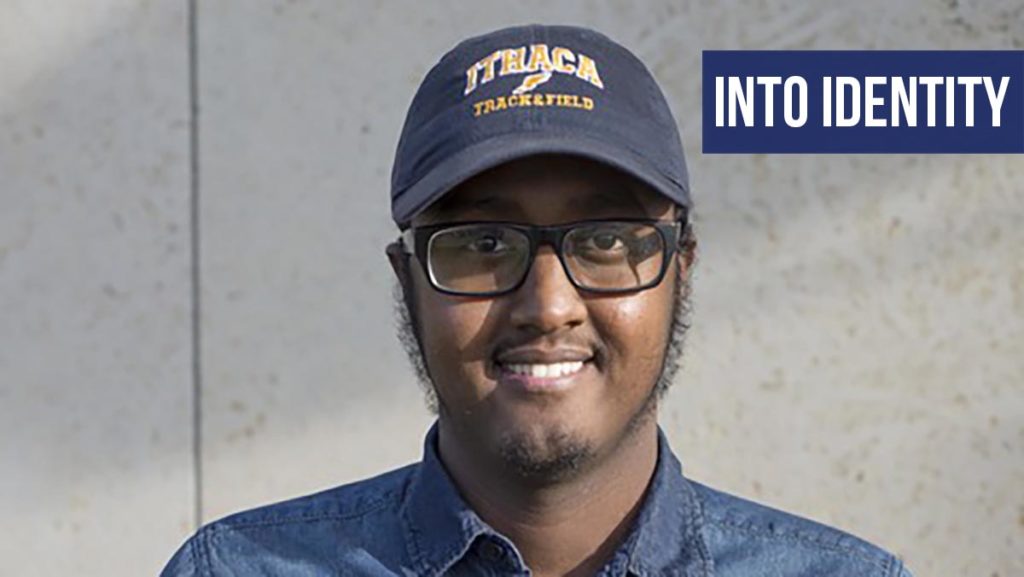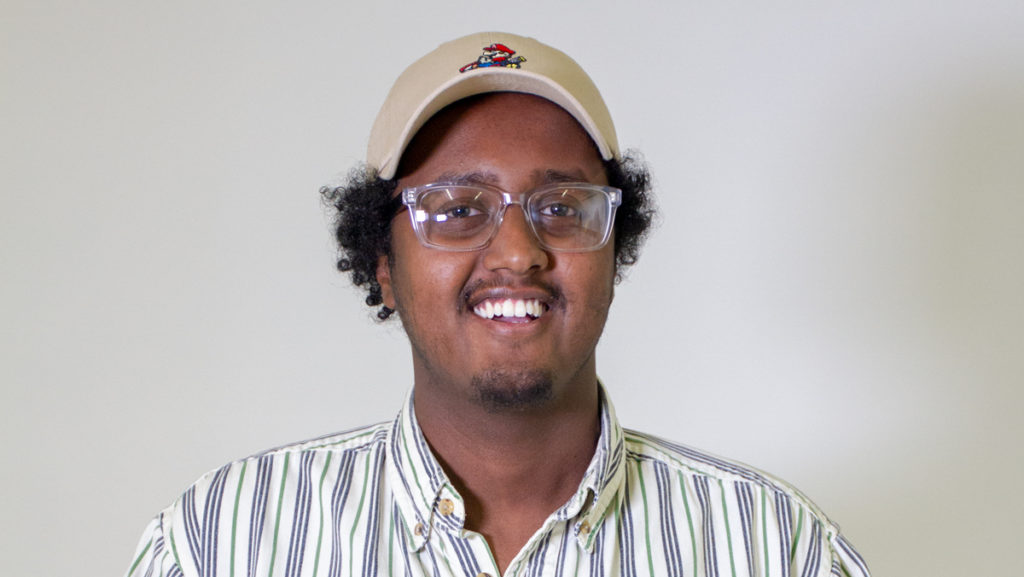I am the first in my family to ever attend a four-year college. Though my parents support higher education, they weren’t thrilled about the prospect of their youngest son leaving home for college. My choice to leave for schooling was seen as a move against family unity. How dare I abandon my parents and siblings, who depend on me? It took weeks of lobbying to finally convince my parents to support me. They did so, reluctantly.
This unbending attachment to loved ones is to be expected. I hail from a community that has been emotionally and psychologically traumatized by decadeslong civil war, mass migration and displacement. Millions of Somalis have resettled all over the globe, forming exceptionally tight-knit communities in their host countries as a survival mechanism. Family, religion and community are the nucleus of Somali life.
The decision to pursue postsecondary education outside of my home came with the price of leaving my family behind. It was emotional and tumultuous. Many first-generation students — particularly those from racial and ethnic minority backgrounds like me — struggle to reconcile two frequently opposing forces: family membership and educational mobility. What are we supposed to do when our familial obligations conflict with our academic and professional aspirations? I still don’t have an answer to this question.
First-generation students are often regarded as the “savior” child whose college degree will help get their family out of poverty. We face significant financial barriers, self-doubt, culture shock and difficulty adjusting to college. According to a 2011 study by the Pell Institute, nearly 90 percent of low–income first-generation students do not graduate within four years. This is painfully shocking and abysmal. Colleges and universities have an imperative to help first-generation students navigate the bewildering landscape of academia. This can be facilitated in a number of practical ways, including but not limited to providing robust mentorship networks; unfettered access to social, career and academic resources; and giving a platform to first-generation students to voice their concerns and advocate on behalf of their community.
Despite experiencing a number of these obstacles, I’ve had a successful freshman year at Ithaca College. This perhaps wouldn’t be the case if it weren’t for my supportive mentors and professors. Even though my parents wish I were closer to them, they’re happy to see that I’m doing what’s best for me.






